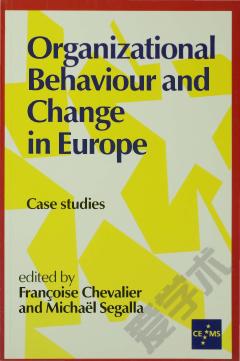Networks And Institutions In Europe'S Emerging Markets
ISBN: 9781107031340 出版年:2014 页码:248 Schoenman, Roger Cambridge University Press
Do ties between political parties and businesses harm or benefit the development of market institutions? The post-communist transition offers an unparalleled opportunity to explore when and how networks linking the polity and the economy support the development of functional institutions. A quantitative and qualitative analysis covering eleven post-socialist countries combined with detailed case studies of Bulgaria, Poland and Romania documents how the most successful post-communist countries are those where dense networks link politicians and businesspeople, as long as politicians are constrained by intense political competition. The comparison of original network datasets shows how this combination allowed Poland to emerge with stable institutions. Bulgaria, marred by weak institutions, corruption and violence, cautions us that in developing economies intense political competition alone is harmful in the absence of dense personal and ownership networks.


















 京公网安备 11010802027623号
京公网安备 11010802027623号